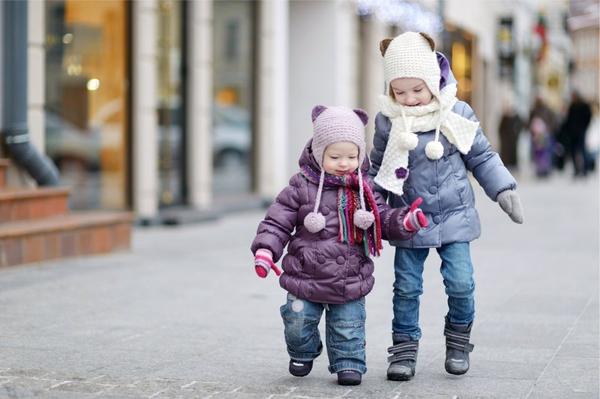Cold days, fever and cough. To take care!
ISTOCKWinter brings cold and with the drop in temperatures many health problems typical of this time of year often appear. Fever and cough are two undesirable companions that usually make an appearance these days. What is the best response to this situation? Prevention and, ultimately, the care of those who fall ill due to this adverse context.
The Spanish Association of Pediatrics and Primary Care, AEPap, are aware of this situation. For this reason, they offer numerous tips so that families can take extra care during this time of year. Either to be able to prevent the different problems that will appear or because it is necessary to care for those who fall ill.
Cold prevention
If cold is the enemy to fight, fight against it! For this, AEPap recalls the advice provided by the American Academy of Pediatrics and with which the drop in mercury can be counteracted during the winter:
- Dress your babies and children in warm clothes for outdoor activities. Several light layers will keep them dry and warm. Don't forget boots and gloves.

- The general rule of thumb for older babies and toddlers is to dress them in one more layer of clothing than an adult would wear under the same conditions.
- When traveling by car, babies and children should wear thin, tight-fitting layers instead of bulky coats.
- Blankets, comforters, pillows, crib bumpers, sheepskins and other loose bedding should not be in the baby's sleeping area because these items are associated with suffocation.
And if you've already gotten sick
No one is infallible! If winter has already caused these problems to affect any member of the household, it is best to get to work as soon as possible. These are some of the situations that can be noticed and the corresponding advice:
- Catarrh. It seeks to alleviate the symptoms and prevent, as far as possible, complications. The cause cannot be attacked. Normally they heal spontaneously. It is better to avoid the use of medications that are usually not needed.
Nasal lavage with physiological saline solution can provide relief in some cases. The use of drugs does not have great effects to recommend its use in all cases. Antibiotics do not shorten their duration or prevent complications. Their use favors the development of resistance to them. Only analgesics-antipyretics (paracetamol, ibuprofen, etc.) and not systematically, serve to alleviate the symptoms.
- Laryngitis. If you have a fever or sore throat, you can give him paracetamol or ibuprofen, at the doses recommended by your pediatrician. The child should be offered cool fluids. The humid air will allow the mucus to be less thick and gives a feeling of comfort to the child.
- Flu. Basic care is rest. It is also necessary to remember to shelter or unshelter according to the sensation of cold or heat that the child has and offer him plenty of liquids. As far as medications are concerned, take paracetamol or ibuprofen, without alternating them, to relieve pain and fever. The use of antibiotics and aspirin is totally discouraged, especially in children and adolescents.
Damien Montero
You may be interested in:
- Christmas with your newborn baby
- The main problems in the skin of babies
- Angiomas and spots on the baby's skin
- Petechiae, red spots on the skin










Related Articles